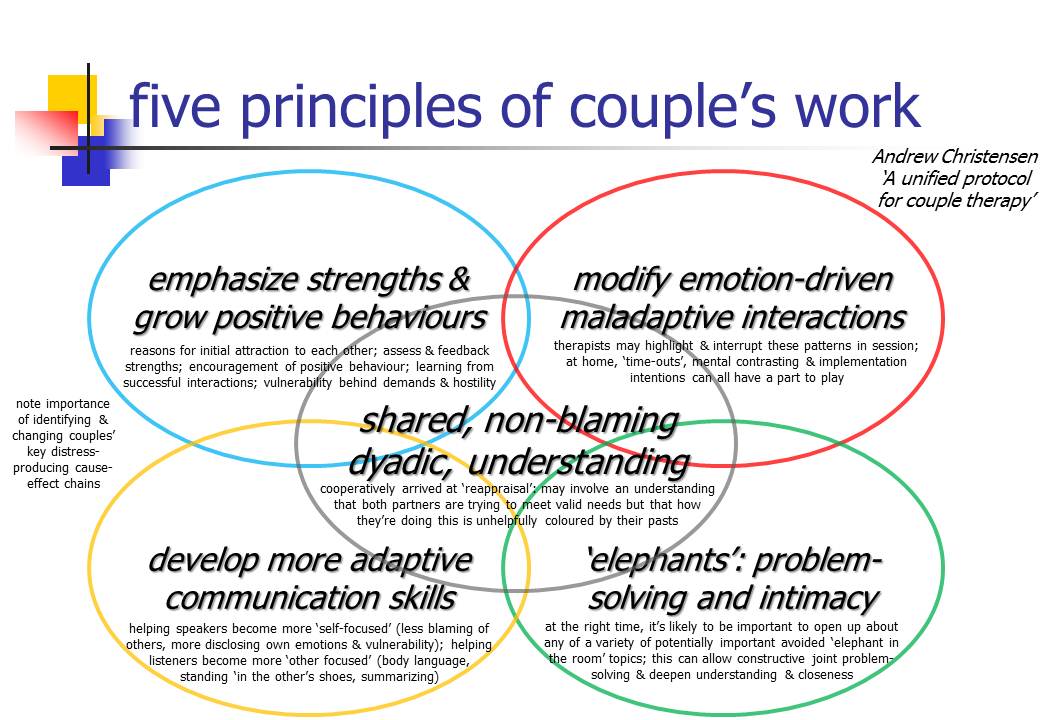Using Williams & Penman's book "Mindfulness: a practical guide" as a self-help resource (2nd post) - getting ready
Last updated on 3rd February 2012

This is the first in a series of intended posts about using Mark Williams & Danny Penman's excellent recent book "Mindfulness: a practical guide to finding peace in a frantic world" as a self-help training in mindfulness practice. My hope is that these blog posts will provide some back-up resources to the many good things already present in the book, accompanying CD & linked website.
I read a lot of research. When I find an article of particular interest I download it to my bibliographic database - EndNote - which currently contains over 16,900 abstracts.
I read a lot of research. When I find an article of particular interest I download it to my bibliographic database - EndNote - which currently contains over 16,800 abstracts.
A short 24-item version of the Five facet mindfulness questionnaire - the FFMQ-SF - is downloadable both as a Word doc and in PDF format.
Here are half a dozen interesting recent papers on mindfulness that have caught my eye. Mindfulness research is roaring ahead a bit like a runaway train (probably not an ideal analogy for this subject matter), so it's good to get regular reviews of where we're getting to. The first two papers I mention are "a synthesis of the empirically supported advantages of mindfulness" by Davis & Haye, including "research on therapists who meditate and client outcomes of therapists who meditate", and a review of "the empirical literature on the effects of mindfulness on psychological health" by Keng & colleagues (full details and links to all articles mentioned are given further down this blog post).
In yesterday's post I discussed the first three of Andrew Christensen's "five principles" of a "Unified protocol for couple therapy". Today I'd like to talk about his fourth and fifth principles - foster productive communication (develop more adaptive communication skills) and emphasize strengths and encourage positive behavior. The five principles are illustrated in the following diagram (downloadable both as a PDF file and as a Powerpoint slide):
